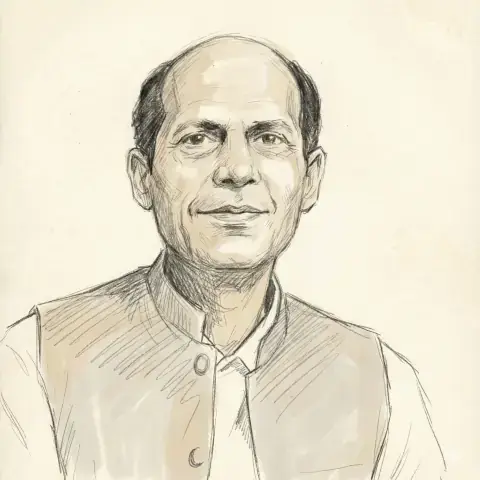ISLAMABAD: Experts at a discussion warned that banned Tehrik-i-Taliban Pakistan (TTP) was forging nexus with Baloch separatists and local militant groups based in Khyber Pakhtunkhwa and Balochistan, a development which will likely exacerbate the already precarious security situation in the country.
Unlike the past, this is for the first time that TTP has started carrying out terrorist attacks in Pashtoon areas of Balochistan, which is very disturbing, they said.
There is no clarity about Pakistan’s policy for Afghanistan and the ruling coalition in the centre is also unclear how to deal with the TTP since talks with the proscribed group failed last year, they added.
The consultation on “Afghan peace and reconciliation: Pakistan’s interests and policy options” was organised by Pak Institute for Peace Studies (PIPS).
The representatives of political parties and civil society, academics, and journalists, among others, participated in the discussion. The main themes of the consultation included “Pak-Afghan bilateral relations: challenges and way forward” and “Emerging Afghan situation and its implications for the region.”
The speakers said TTP and other local militant groups were filling the space left by mainstream and nationalist political parties in KP as they were no longer only jihadi-religious groups. They said these militant groups now promoted political and nationalist thoughts to achieve their vested interests.
The Islamite militants, including TTP, and separatists have increased their attacks in Balochistan since Taliban took over Kabul in August 2021, said Adnan Aamir, a Quetta-based journalist who writes for international media.
He said the group for the first time has started carrying out attacks in the Pashtoon areas of the province.
“TTP has increased its footprints in the province as at least three local Baloch militant groups have recently joined it,” added Mr Aamir. He said the banned group was promoting its political agenda in the province by showing its sympathies for the people of Balochistan, which demonstrated that it wanted to increase its presence in the province.
Aqeel Yousafzai, Peshawar-based expert on Afghan affairs, said recent statements of TTP chief Mufti Noor Wali Mehsud were political in nature and there was no mention of jihad in these. He added that the group had been introducing itself as a Pashtoon nationalist group for the last four years.
“The rhetoric of nationalist parties and militant groups like TTP is now the same,” he said, adding that this should be very alarming for the policymakers.
Mr Yousafzai said local militant and separatist groups had entered into some sort of understanding with TTP. He argued that the government should open its door for talks with all militant groups.
President International Research Council for Religious Affairs Mohammad Israr Madani said they would have to enhance people-to people contacts and trade to decrease hostility of Afghans towards Pakistan.
“There is a need for religious diplomacy and involvement of religious scholars in this regard,” he said.
Mr Madani said Pakistan should hold talks with Afghanistan continuously on different issues and these should not be limited to a single sitting. He also said Pakistan should make its border management policy people-friendly to facilitate the Afghan people.
Jamiat Ulema-i-Islam (JUI-F) leader Hafiz Munir Ahmed opined that Pakistan’s Afghan policy should be led by civilian set-up and parliament. “Political parties should be given an opportunity to make such a policy.”
Director News and Current Affairs Pakistan Television (PTV) Aoun Sahi said there was confusion in Pakistan who would make a new Afghan policy as the previous one failed to produce results. “It is also unclear who is now leading any Afghan policy.”
Programme Adviser at Friedrich-Ebert-Stiftung (FES) Pakistan Hamayoun Khan added that there was an issue of mistrust between the two countries. He said Central Asia was a huge potential for Pakistan and Afghanistan and both countries could benefit from it if they improve their bilateral relations.
PIPS Joint Director Safdar Sial said that Pakistan’s engagement with Taliban-led interim government in Kabul was the ultimate solution to all problems. He suggested that the civilian government in Pakistan should take the ownership of Afghan policy, which should be led by parliament. He added that security agencies must have their input in it.
Published in Dawn, May 6th, 2023


































